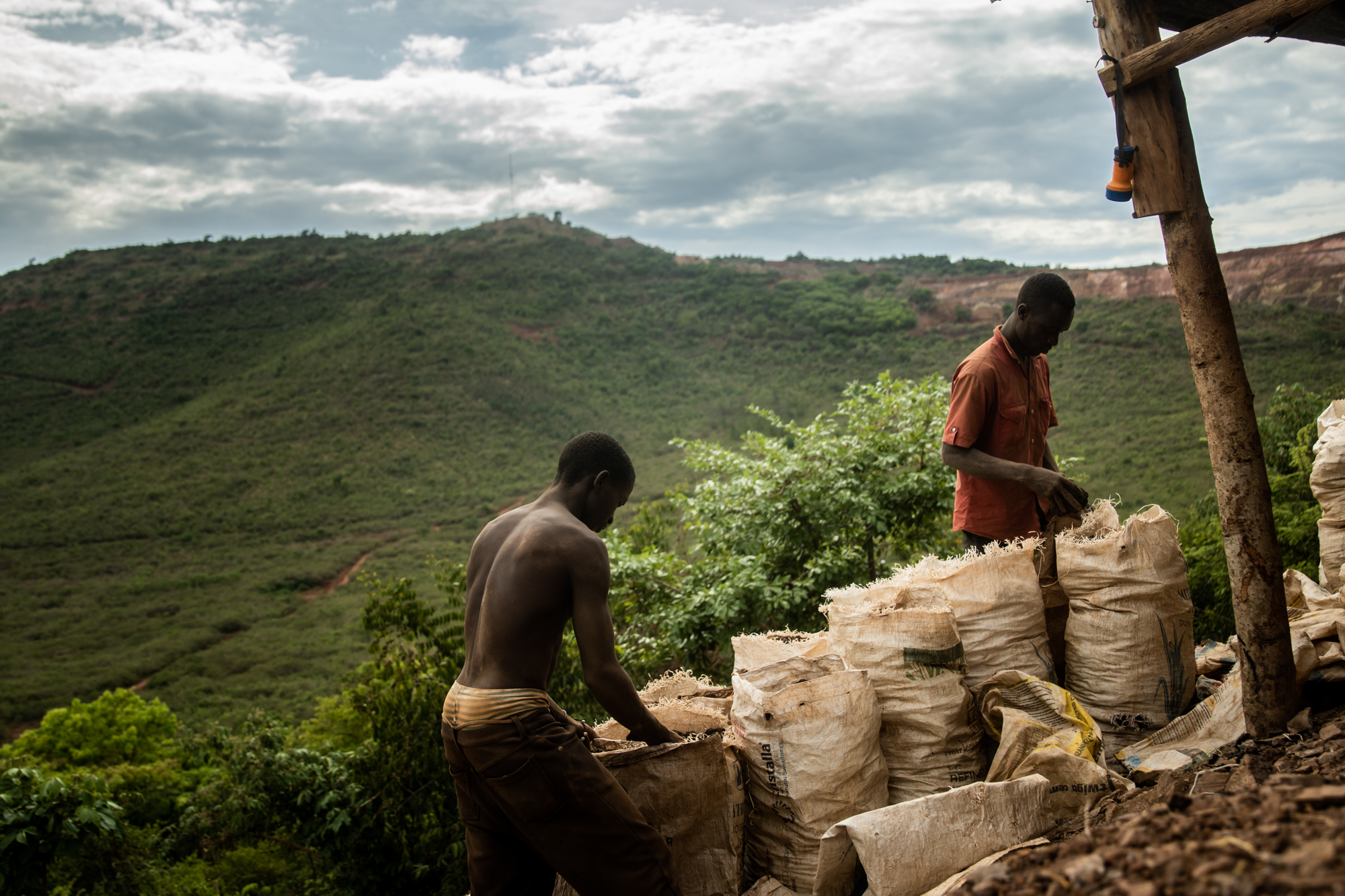
Stakeholders have demanded that the government and mining companies expand on more ways to build the capacity of Tanzanians located near mining areas for them to access opportunities in their areas.
This was said during the Policy Forum monthly Breakfast Debate on March 31, 2023, which was organized by Policy Forum and Hakirasilimali. It was noted that communities living around various mining areas are the first contact to the mines and the most affected by mining activities but end up benefiting less compared to the revenue extracted from their areas.
Research conducted by Hakirasilimali in Geita and Tarime shows that there is unsatisfactory participation of the citizens who are found in those mining areas. Paul Mikongoti, Researcher and Policy Analyst from HakiRasilimali said some of the reasons that contributed to low involvement included lack of needed qualifications, low employment opportunities, and low interest from the communities around mining areas,
Mikongoti pointed out that there is a need to increase the capacity of these citizens who are in the extractive areas, “there is a need to develop training programs to impart skills, and mining companies should work closely with the communities,” emphasized Mikongoti.
Untapped Potential
It was noted there is still a lot of potential in the mining sector especially looking at the whole value chain of the sector, “taxes, royalties, and levies account for only 25 percent of what is earned in the mines," explains Prof Abel Kinyondo, a seasoned economic expert from the University of Dar es Salaam.
Prof. Kinyondo further alluded Local content (LC) is a multi-dimensional concept whose scope and depth vary substantially. According to The World Bank and Kaiser EDP (2015) framework, ‘local’ in this context represents three dimensions namely: (i) geography, (ii) ownership and (iii) value addition (wealth retention). On the other hand, ‘content’ consists of (i) Employment (ii) Procurement of goods and services and (iii) Skills development and technological transfers. It is important to note that to fully understand local content the three dimensions in each separate terms (local and content) must be unpacked to assess the level and quality of citizen participation in the extractive sector.
"70 to 75 percent goes to operating costs. Therefore, when you concentrate on taxes, royalties, and levies, you are only focusing on 25 percent of the funds that are available in this sector."
"If we want to increase income, we have to decide completely that we are going to keep even the operating funds, that is 75 percent." emphasized Professor Kinyondo.
Professor Kinyondo explains that the only way to tap into this potential is by building the capacity of the locals in technology, owning companies, selling products, and supplying various services.
He further recommended the Review of the existing LC legal framework. The review must necessarily incorporate the following important clauses: (i) clause that gives a reasonable priority to ‘local-local’ community (ii) a clause that makes LC legal framework more facilitative (iii) a clause that clearly demarcates mandates of various government institutions that oversee LC (iv) a clause that delegates some of the enforcement powers to local government authorities where actual extraction takes place
Government can do more.
Executive Secretary of the Tanzania Chamber of Mines, Engineer Benjamin Mchwampaka noted that even though the Tanzania government started to get involved in the mining sector about 20 years ago, the government can still do more. He further stated that the government can increase its effort by ensuring young Tanzanians gain useful practical experience to engage in the sector.
“Decent jobs are created. In the mines, you will find there is a cadre of engineers from all areas, and at least the Universities are there to produce them. Even so, they may have a good degree, but with the little practical experience needed for the job.”
